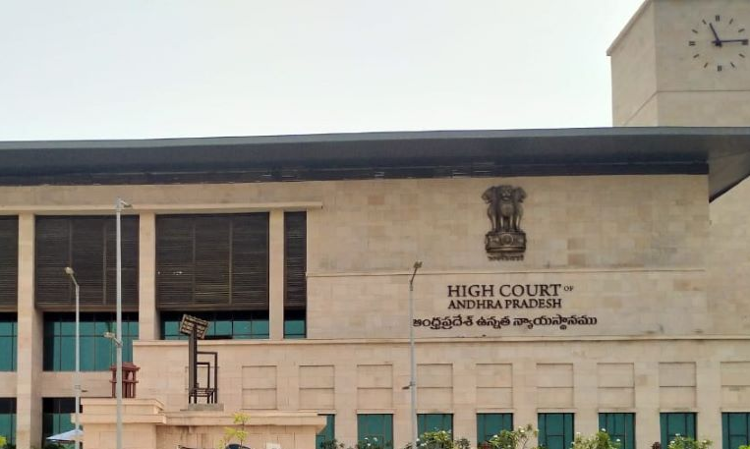Andhra Pradesh High Court Refuses To Quash Notification Barring ITI Qualified From Appearing For LAWCET
Fareedunnisa Huma
23 Oct 2023 9:00 AM IST

Next Story
23 Oct 2023 9:00 AM IST
The Andhra Pradesh High Court has refused to quash the notification that barred candidates with an Industrial Training Institute (ITI) qualification from appearing for LAWCET (State Law Common Entrance Test).The Division Bench of Justice U.Durga Prasad Rao and Justice Venkata Jyothirmai Pratapa held that it would not interfere with a policy decision, taken by an expert body when no rights...
